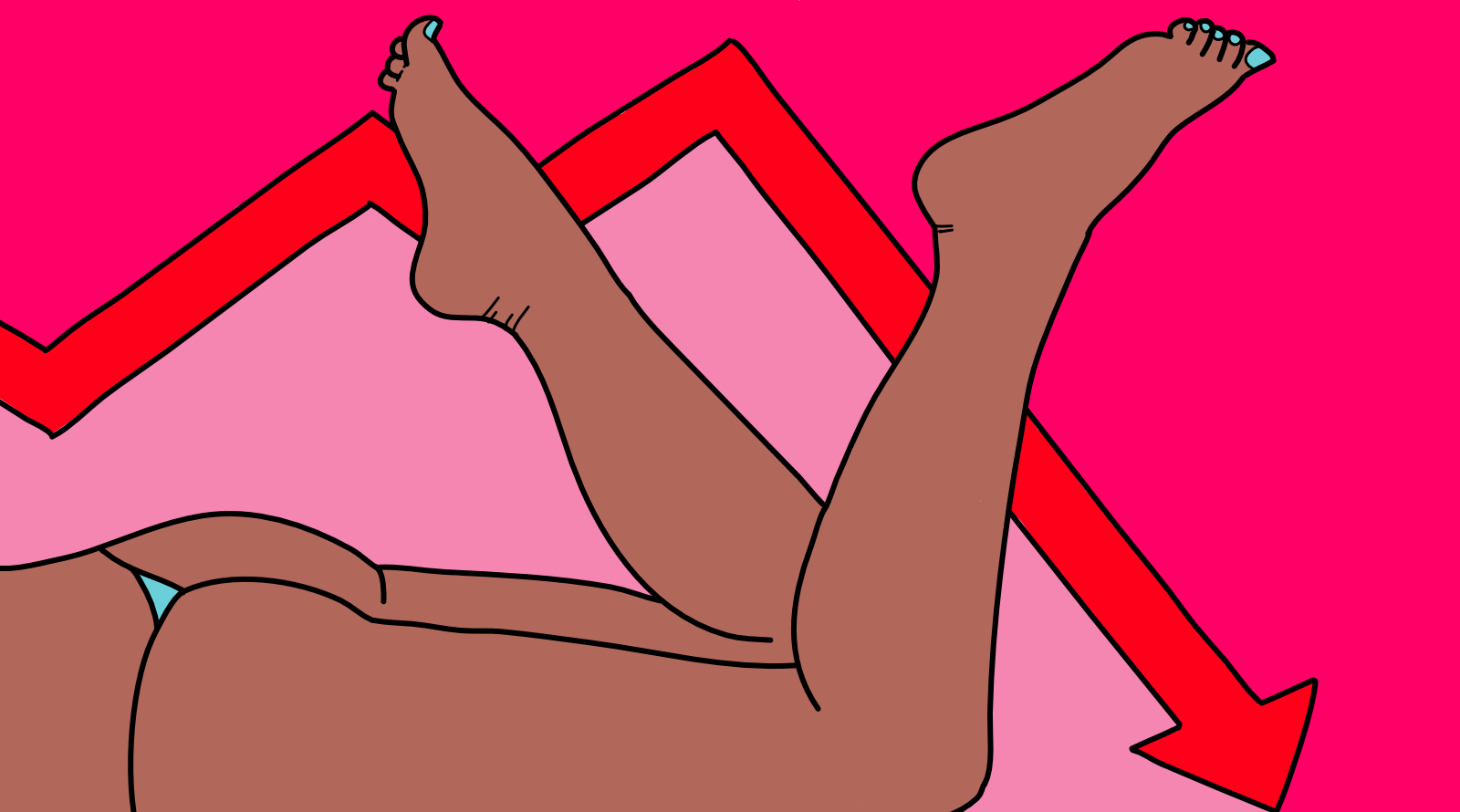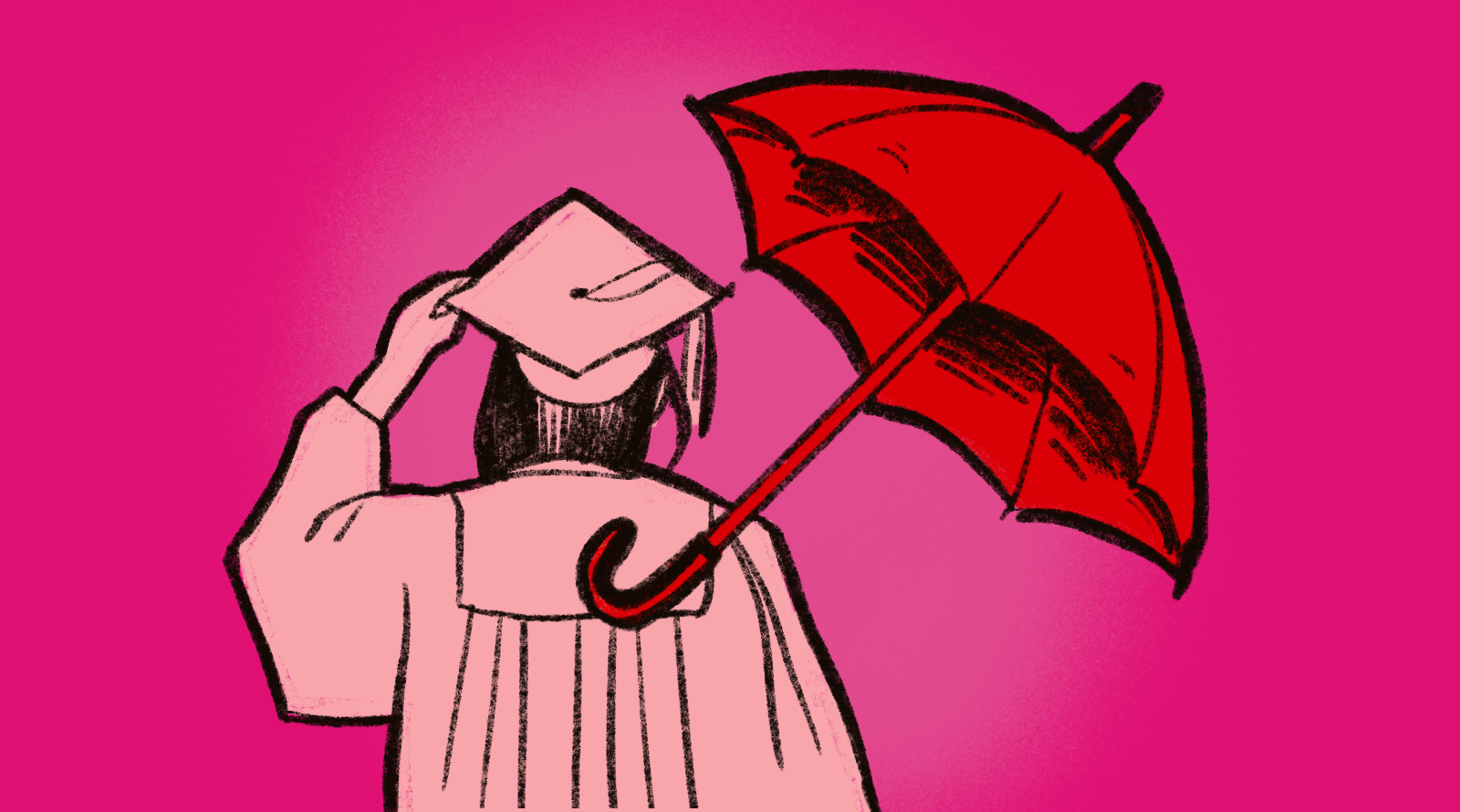The concept of the "stripper index" relies on the idea that certain industries or professions are more susceptible to economic fluctuations, and changes in the behaviour of individuals within these industries can provide insights into broader economic trends. The theory suggests that observing the spending patterns of clients in certain industries, particularly those considered discretionary or luxury sectors, can offer clues about the state of the economy. While the concept of the stripper index or using spending patterns of sex worker clients as an economic indicator is more of an anecdotal or observational theory rather than a widely recognized economic principle, it holds up to consistent scrutiny, especially now.
The general idea behind the stripper index is that during times of economic prosperity, people tend to have more disposable income, which they may spend on discretionary activities such as visiting strip clubs or otherwise engaging with sex workers. Conversely, during economic downturns, people tend to cut back on non-essential spending, including these types of activities. Because so many clients may work in industries that are more closely tied to economic cycles, such as finance, real estate, or tech sectors, the stripper index can feel like an especially prophetic metric. Professionals in these fields are prone to fluctuations in their income levels, bonuses, or job security based on economic conditions, from hyperlocal to global. Consequently, changes in the frequency or amount of their purchases on discretionary activities could indicate shifts in the overall economy.
The concept of the stripper index or using spending patterns of sex worker clients as an economic indicator is more of an anecdotal or observational theory...
Clients in these industries often experience variations in their income levels due to the nature of their work. Individuals working in finance may receive significant bonuses tied to market performance, while tech employees may receive stock options or variable compensation based on company performance. The housing market tends to experience booms and busts, with periods of rapid growth followed by chaotic downturns. And because these professionals frequently hold cross-sector assets, like real estate, stock holdings, and investment portfolios, when the housing and real estate industries are negatively impacted, discretionary spending will often drop to mitigate loss.
If one were in a particularly flippant mood, they might be inclined to say “sex workers told you so!” But the logic holds. For months, sex workers have taken to social media to opine about the loss of regular sources of income. Of course, the impact of the bleak legislative outlook, created by state bans on pornography and the fear of repressive bills like KOSA, cannot be overlooked in the current economic state of the adult industries. But globally, sex workers have noticed the shift in discretionary spending. Temporarily bolstered by government stimulus checks and increased benefits payments, intended to inject excess cash into the pandemic-starved market, consumers are feeling the financial floor fall out from underneath their feet.
If one were in a particularly flippant mood, they might be inclined to say “sex workers told you so!”
When people perceive economic conditions as stark or uncertain, they may become less optimistic about their long-term prospects, such as career advancement, homeownership, or retirement savings. Financial stressors, such as job loss, debt accumulation, or housing insecurity, can contribute to feelings of depression, anxiety, and overall dissatisfaction with life. This negative emotional state can further dampen consumer confidence and lead to decreased spending as people prioritise essential needs and seek to alleviate financial strain. Cuts to discretionary spending don’t just stop at the tip rail. Consumers will cut out anything from streaming services to takeaway to small luxuries like skincare. While clients may not cut out trips to the local strip club entirely, sex workers can easily point to an increase in required emotional labour for disproportionately diminishing returns.
While the stripper index may offer anecdotal or qualitative insights into consumer behaviour, it's not a rigorously tested or widely accepted economic metric. This, however, does not make it any less worthwhile as a predictor of economic activity. Despite frequent disparagement of their intellectual capabilities, sex workers know that when money stops flowing in the club, a recession is coming. They know to set their stock and economic news alerts accordingly. And while it is an unorthodox method of monitoring economic activity, it hasn’t failed me yet.
Are you a sex worker with a story, opinion, news, or tips to share? We'd love to hear from you!
We started the tryst.link sex worker blog to help amplify those who aren't handed the mic and bring attention to the issues ya'll care about the most. Got a tale to tell? 👇☂️✨




